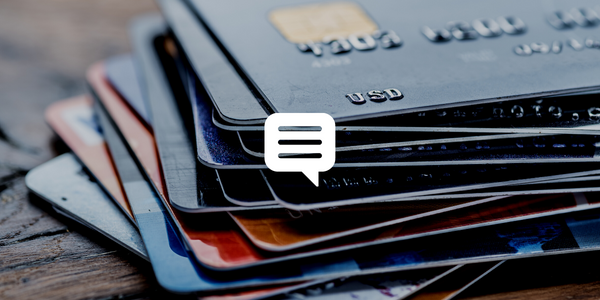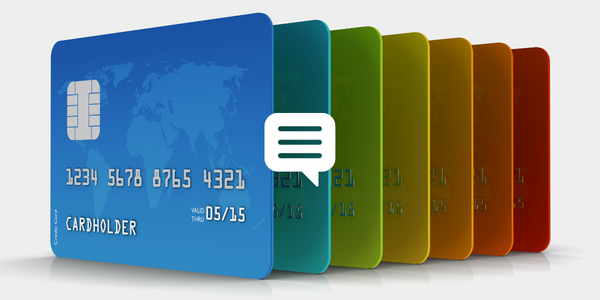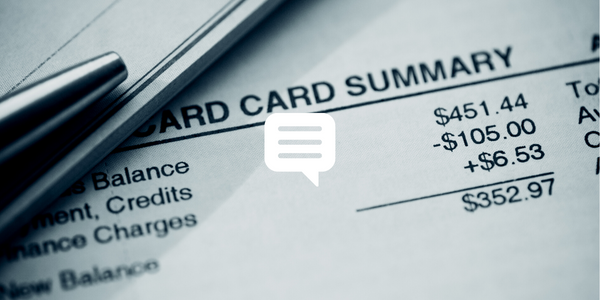Building Credit
You, too, can use credit in your financial toolbox.
Do you have a credit history? If you're not planning to borrow money, perhaps you think it's not important. However, insurance companies, perspective employers (for some types of jobs), potential landlords, and utility companies may be looking at your credit report or credit score to determine what to charge you or whether to offer you a job. Illinois Extension’s resources can help you to build and improve your credit history.
Understand your right to fair credit.
Credit allows us to purchase big-ticket items that we wouldn’t be able to buy out-of-pocket. People without credit history are "credit invisible.” The effect is not equally felt among U.S. consumers, and can affect people’s ability to build financial security, as well as their credit history.
For example, a young adult who hasn't yet built a credit history, may pay a higher deposit when they set-up electricity in their apartment than someone with a credit history. People who are Black, Hispanic, or living in low-income neighborhoods are more likely to have trouble qualifying for a home mortgage due to a credit record with little data or no record at all. For more information on access to fair credit, explore, A Summary of Your Rights Under the Fair Credit Reporting Act: Consumer Financial Protection Bureau.
It can be a challenge to build a credit history when you do not have any credit. One possible beginning place is to apply for a secured credit card. A secured credit card requires that you deposit money in an account as collateral. Often, but not always, this money will earn interest. Typically, the amount you put in as collateral will be your credit limit. For example, if you deposit $500, then your credit limit will be $500.
All secured credit cards are not the same. You need to ask questions and read the credit card agreement to understand fees and interest charges on revolving balances. Ask how the secured card may transition to a regular credit card. Make sure the credit card agreement does not require any other expenditure from you, such as set-up fees or the purchase of an insurance policy.
Double-check that the financial institution issuing the secured credit card will report your payment history to credit bureaus. You can begin to build your credit history by making payments on time. Check with local, and online, credit unions and banks to compare their secured credit card offers.





